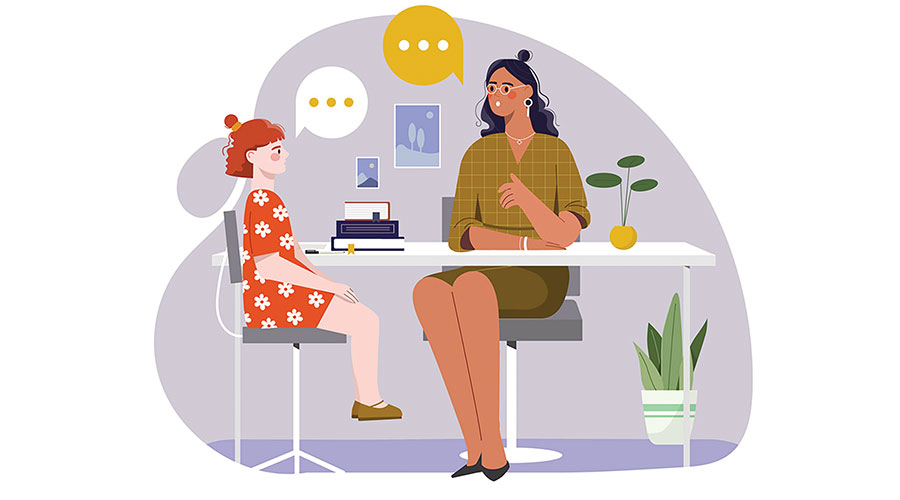ASK A PHYSICAL THERAPIST
- 13 Apr - 19 Apr, 2024

All of us have identifiers – age, marital status, employment, nationality, etc. We also define who we are in other terms related to religion, culture, interests, etc. From the content of your brief question, we would guess that you’ve lost your personal and psychological foundation. We all live with a variety of assumptions about our life course, our families, our history, and our future. There are times when those assumptions are shaken or even destroyed. During these difficult times, an individual loses their identity and their assumptions about their life course. The most common way this happens is during a depressive disorder. We’d first take an inventory – what is your current foundation and identifiers? Determine your level of stress and responsibility. Check your physical symptoms for evidence of depression or anxiety disorder such as sleep/appetite/energy/concentration disturbances. While mentally exploring your life situation, resist making significant decisions until you find your foundation. If necessary, seek mental health assistance in sorting out your feelings and concerns. When lost in the forest, folks often backtrack out, going back the way they came in. Your foundation may have been shaken, but it’s still there.
The best medication for anxiety is exposure therapy. What will happen to you if you’re late and have an anxiety attack? Probably not much. Anxiety is scary, but not dangerous. So, practice facing your fears. If you’re afraid of being late, set your watch five minutes slow for two weeks. If you’re afraid of the physical feelings of anxiety, let yourself panic. And if you’re afraid of something else, like being embarrassed if others see you panic, practice feeling hot and uncomfortable (or at least pretending to) in the presence of others. Sometimes it’s possible to do these on your own, and other times it’s helpful to get support from a therapist who has experience with exposure therapy.
COMMENTS